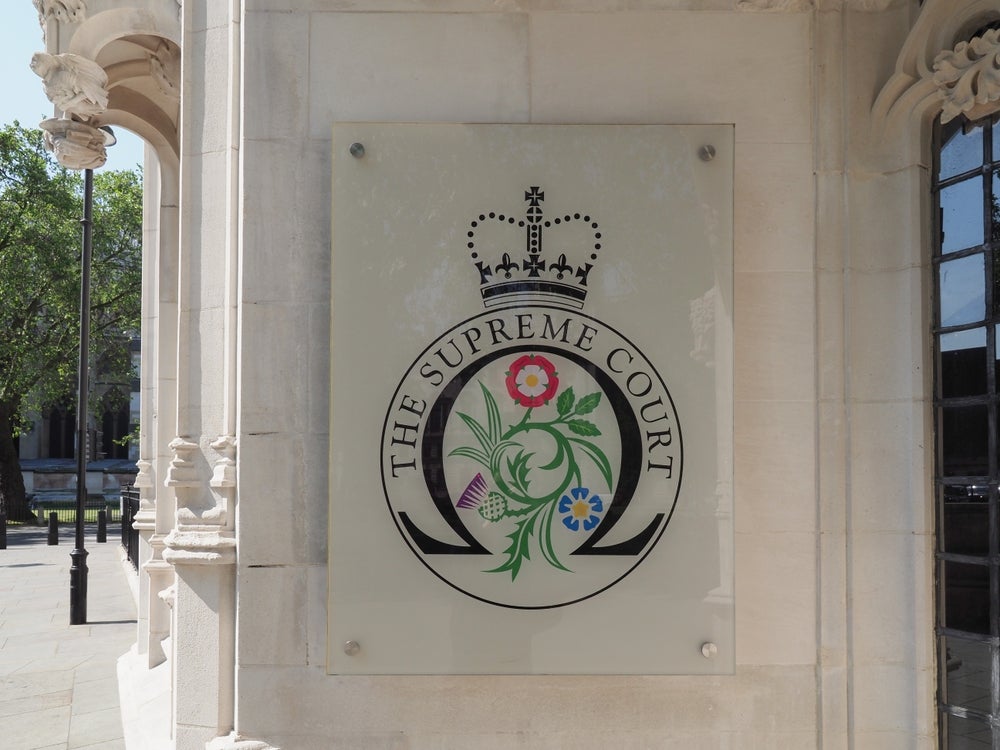
After markets close on Friday, August 1, and just before the Supreme Court begins its summer recess, a ruling will be handed down that could reshape the UK’s £52bn motor finance sector. Or, if ministers act swiftly, it may be erased almost as soon as it appears.
The trio of appeals, Johnson v FirstRand Bank, Wrench v FirstRand Bank, and Hopcraft v Close Brothers, centres on discretionary commission arrangements (or DCAs): fees paid by lenders to dealerships for arranging car loans, often tied to the interest rate charged to customers. The practice, banned in January 2021 by the Financial Conduct Authority (FCA), was widespread from at least 2007.

Access deeper industry intelligence
Experience unmatched clarity with a single platform that combines unique data, AI, and human expertise.
Critics call the model a hidden cost scam, billions siphoned from consumers through opaque broker incentives. The motor finance industry argues abuse of this type was limited and has been overstated, and is a minor corner of an otherwise competitive credit market.
According to Julian Rose of Asset Finance Policy, most consumers paid low rates and brokers earned modest commissions, according to a industry review for Apex Insight, published in May.
Yet, major banks have set aside billions: Lloyds (£1.2bn), Santander (£295m), Barclays (£90m) and Close Brothers (£165m) among them. Charlie Nunn, Lloyds’ CEO, told MPs on 20 May that provisions reflect accounting rules and operational costs, not evidence of harm: “We haven’t disclosed the split… but operational expenses are very significant.”
Lloyds faces questions on ‘no harm’ claims amid mounting provisions

US Tariffs are shifting - will you react or anticipate?
Don’t let policy changes catch you off guard. Stay proactive with real-time data and expert analysis.
By GlobalDataThat may soon be irrelevant. The Court of Appeal ruled in October 2023 that the broker–customer relationship was fiduciary in nature, a “best level of care” duty requiring full commission transparency. The industry did not see this coming. Car dealers and finance houses viewed themselves as commercial agents, not professionals with obligations akin to lawyers or doctors. Now, courts say they may have owed two duties, to customer and lender, simultaneously. That realisation was news to the sector.
The Supreme Court’s landmark appeal: Do car dealers have a fiduciary duty?
If the Supreme Court agrees, the consequences could be vast. Moody’s estimates total exposure at £30bn. A recent poll commissioned by law firm Slater & Gordon found 45% of UK adults expect compensation. Claims firms are blanketing the airwaves.
The FCA, bracing for impact, has given itself six weeks post-judgment to propose a redress scheme.
But this may be headed off at the pass. The Guardian reported (25 July) that Chancellor Rachel Reeves is exploring draft legislation to overturn the ruling, not just going forward, but retroactively. Such a move would shield lenders from legacy claims, delivering them a get-out-of-jail-free card via statute.
Behind the scenes, the Financing & Leasing Association (FLA) and Lloyds have no doubt lobbied intensely for a solution. The government argues it’s about market stability. The FLA warns of credit shortages and insolvencies. But what I’m wondering is: who built these commission models? Who profited? And why did it take regulators until 2021 to act? Don’t expect answers in Friday’s judgment.







